DEFENSIVE TREATY ORGANIZATION
We will never forget you, Vassan
May life treat you well
EXTERNAL AFFAIRS:
For diplomatic matters, you should consult the Administrator Signatory. However because of certain circumstances, the Administrator Signatory will not be available for the foreseeable future, therefore their responsibilities have been appointed to Elias Tabbal Cadia
Our foreign policy is very simple, the organization is refrained by the provisions of the constitutional framework to interfere or be involved with external affairs. The organization is strictly a neutral and defensive organization, aimed at minimizing and negating the possibility of military aggression. Therefore supporting, provoking or indirectly engaging in offensive warfare is strictly out of the question.
The executive body of the organization is also not allowed, by the provisions of the constitutional framework, to make foreign political decisions on behalf of the organization that do not completely align with the legislative framework. Therefore, the organization's main and likely only way of foreign engagement shall be through Non-Aggression Pacts.
INTERNAL AFFAIRS:
ARTICLE I: DEFENSIVE TREATY OF MUTUAL ASSURANCE
The DTO is a neutral, non-aggressive alliance constituted by the Defensive Treaty of Mutual Assurance (DTMA). All member states are sovereign and maintain independent governance. Signatories commit to perpetual military readiness, abstention from offensive warfare, and immediate collective defense in the event of an external attack on any member. No centralization of economic or political power exists beyond enforcement of DTMA obligations.
As the alliance exists solely as a mutual undertaking constituted by the Defensive Treaty of Mutual Assurance (DTMA), any attempt to impose taxation, centralized banking, internal political oversight, or hierarchical seniority is deemed ultra vires and therefore null and void under its foundational structure.
For states whose governance is oriented toward sovereign administration, internal development, and autonomous decision-making, traditional alliances may offer insulation from external threats, but often at the cost of entanglement in debt obligations, delegated authority, structural subordination, and systemic interference in domestic affairs.
Pursuant to the Defensive Treaty of Mutual Assurance, all signatory states, irrespective of size, strategic relevance, or material capacity, are regarded as equal and co-sovereign entities under the terms of the accord.
ARTICLE II: FINANCIAL TREATY OF SECURITY
The Financial Treaty of Security (FTS), effective immediately, establishes the Bank of Financial Security (BFS), under which all member states and signatories, irrespective of rank or treaty participation, may voluntarily deposit financial and material assets into the BFS for purposes of secure custodianship.
All resources and assets deposited under this treaty remain the exclusive legal property of the depositing signatory. Title, control, and ownership are neither transferred nor diminished by virtue of deposit.
Access to the BFS is strictly limited to the Administrator Signatory, who is authorized solely to perform custodial functions, including the reception, deposit, and withdrawal of assets on behalf of the rightful owner. The Administrator Signatory is expressly prohibited from utilizing, reallocating, withholding, or otherwise managing any resources other than their own, except as necessary to fulfill direct custodial requests from the depositor.
Any use of deposited assets beyond the scope of passive safekeeping, or any delay or interference with legitimate withdrawal requests, is deemed ultra vires and thus legally null and void under the provisions of the FTS. The BFS holds no political, fiscal, or administrative authority beyond its function as a neutral and apolitical repository, and shall not be construed to imply centralized control, shared ownership, or any broader alliance governance.
ARTICLE III: ECONOMIC TREATY OF TRADE
Under the provisions of the Economic Treaty of Trade (ETT), signatory states within the DTO alliance may voluntarily enter into mutual trade arrangements with other participating members. Engagement in the ETT is strictly optional and shall be initiated, negotiated, and maintained solely by the member states themselves, without oversight or imposition by any central authority.
While the ETT does not impose binding trade obligations, it presumes, as a functional prerequisite, that all participating states maintain autarkic economic capacity. This requirement ensures that inter-member trade functions as a mechanism for strategic enhancement rather than structural dependence. The autarkic condition preserves national sovereignty, safeguards long-term economic sustainability, and prevents systemic reliance on the alliance framework for domestic viability.
ARTICLE IV: MONETARY TREATY OF INTERNATIONAL COLLABORATION
The Monetary Treaty of International Collaboration (MTIC) establishes a formal economic bloc among voluntary signatory states, serving as a natural and advanced successor to the Economic Treaty of Trade (ETT). Signatories to this treaty collectively adopt the Gold Standard Unit (GSU) as a universal monetary reference, thereby facilitating stable, apolitical, and mutually recognized valuation for trade and cooperation.
While not codified as an absolute requirement, the maintenance of autarkic, self-sufficient economic capacity by all participating states is regarded as an essential condition for membership. This prerequisite ensures that signatories engage in monetary collaboration from a position of structural independence, avoiding systemic dependency and preserving the sovereign viability of each national economy.
The MTIC formalizes and enhances inter-member trade, economic coordination, and industrial specialization. However, it expressly prohibits the creation or enforcement of taxation, centralized banking systems, or monetary authorities beyond the scope of this treaty’s provisions.
All powers, mechanisms, and implementations under the MTIC are retained by and subject to the sovereign discretion of the participating states. The MTIC exists solely as a voluntary collaborative framework and may not be construed to imply or authorize supranational governance, financial subordination, or interference in domestic fiscal policy.
ARTICLE V: UNIVERSAL PROVISIONS
Signatory states retain the full right to unilaterally withdraw from any treaty at their discretion. However, prior to the effective date of withdrawal, the departing signatory is obligated to fulfill all active and outstanding trade commitments, monetary agreements, and formalized bilateral or multilateral engagements entered into under the framework of any treaty.
Withdrawal shall not take effect until such obligations have been reasonably concluded, unless expressly waived by the affected counterparties. This provision ensures orderly disengagement, continuity of good faith, and preservation of economic stability among remaining members.


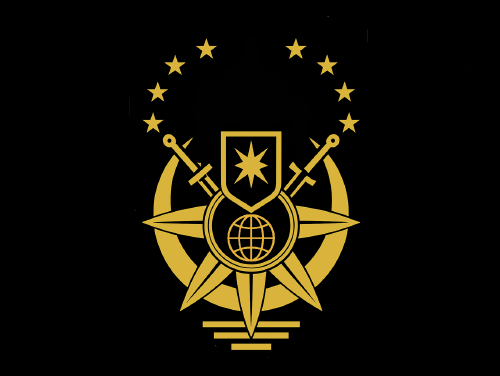
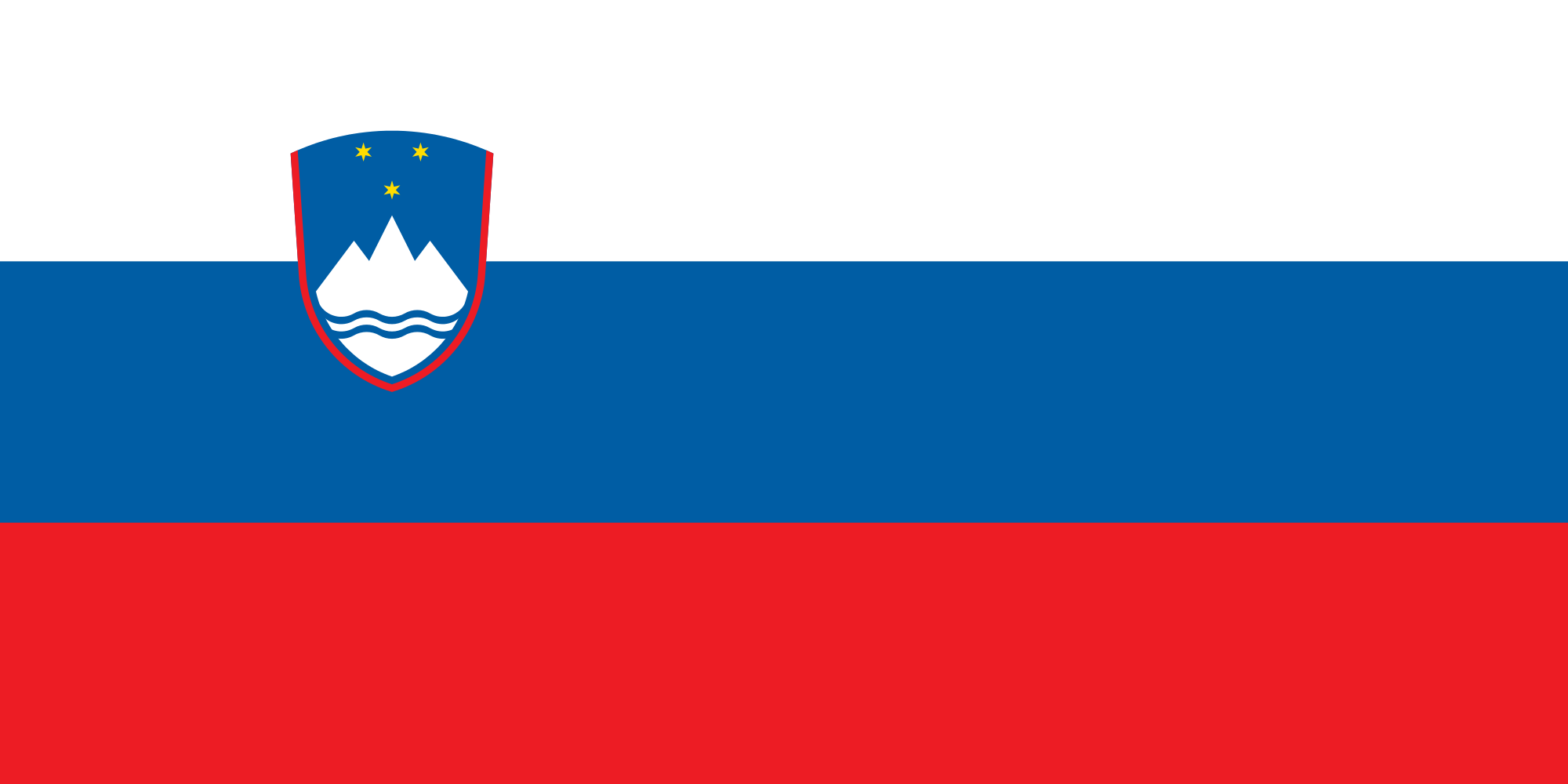

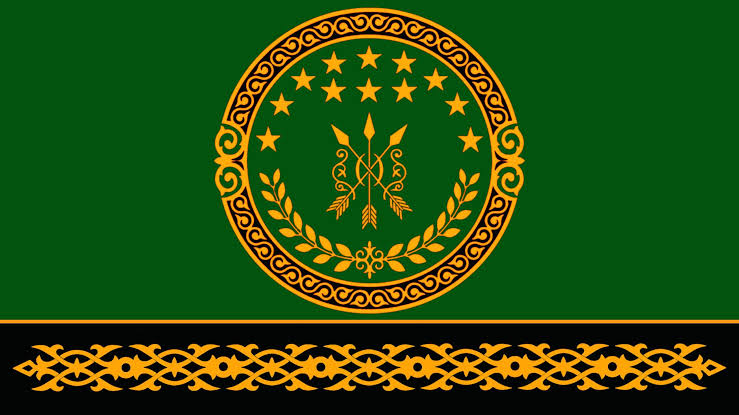
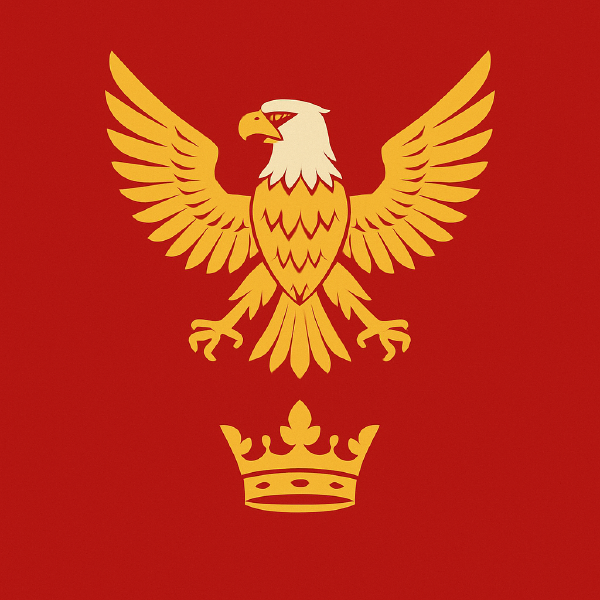
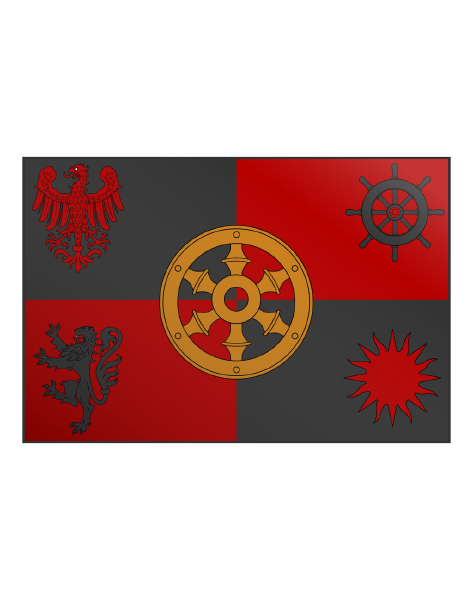



 $ea of Green
$ea of Green THE SOVEREIGN SYNDICATE
THE SOVEREIGN SYNDICATE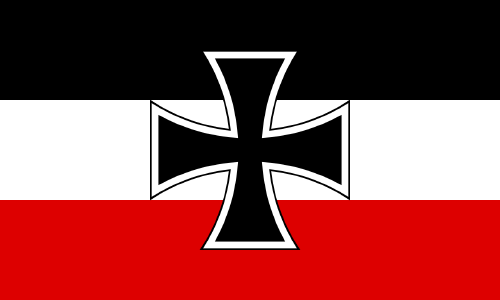 Kaiserriech
Kaiserriech The Warborn
The Warborn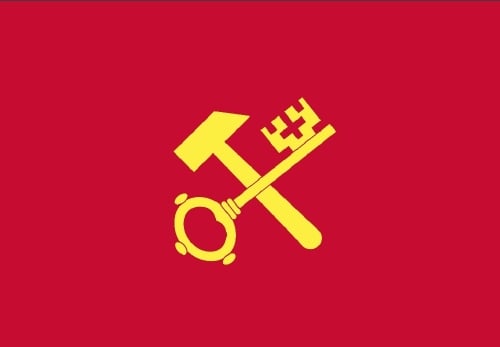 Peoples communist alliance
Peoples communist alliance








